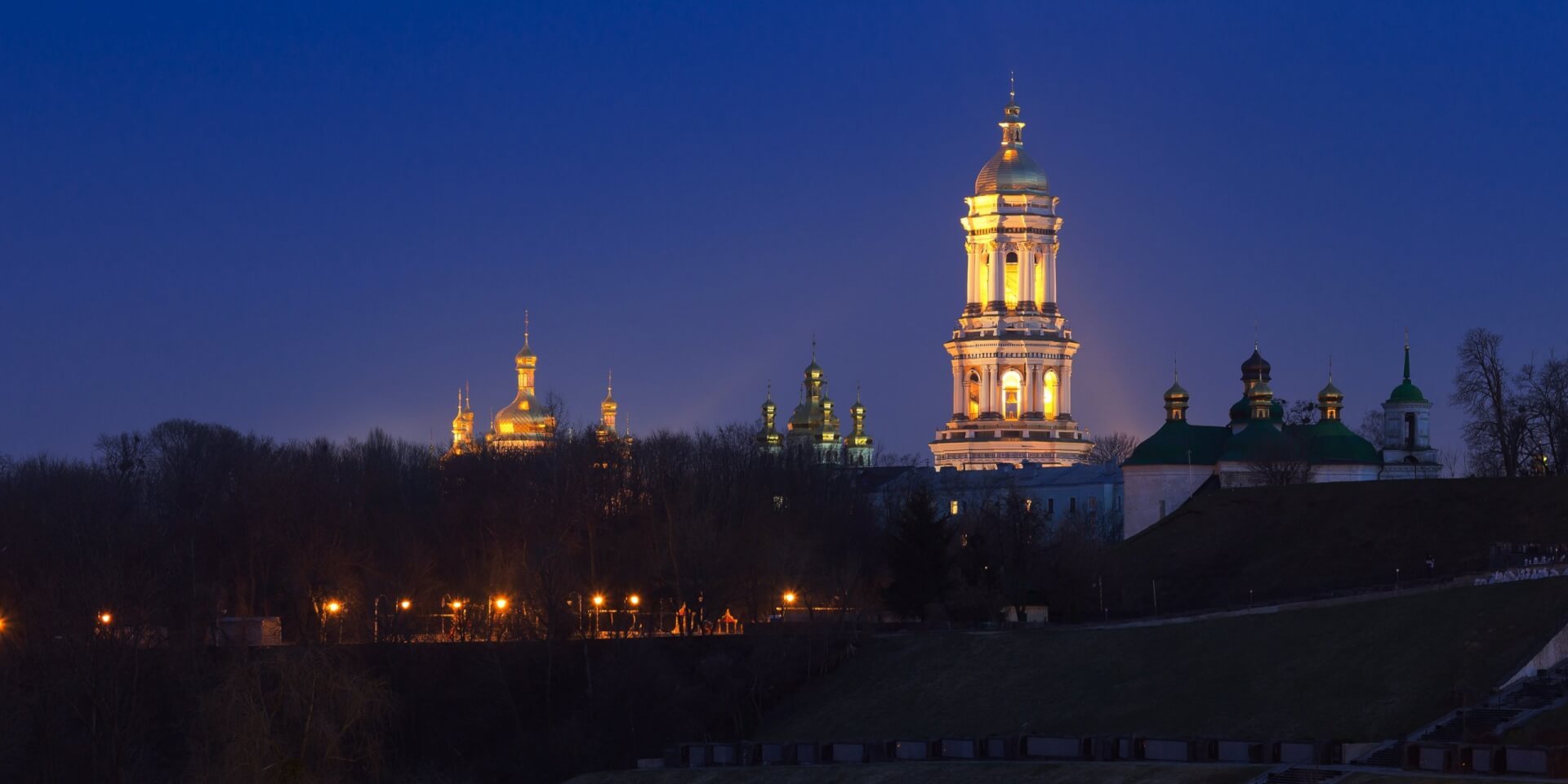
While millions of Ukrainian families have already been forced to flee their homes, accompanied by thousands (4,000 to 6,000) of Ukrainian scholars, the majority of the academic community remains in Ukraine (about 100,000), according to a recent survey led by the Ministry of Education and Science in Ukraine. The help provided to exiled Ukrainian scientists by universities and research laboratories worldwide is invaluable, but there is also an urgent need to support those who are still in the middle of a war threatening Ukraine’s intellectual assets, with the damage, destruction, and closures of universities and laboratories throughout the country.
Current offers of assistance from ISC Members and the international community
Please see the most updated list here.
While the need to assist scientists in Ukraine is acute, such calls of assistance and the ways in which we can respond provide insight into how the scientific community can help internally displaced scientists facing conflict and violence worldwide. The Council believes, given the long-lasting consequences that wars and conflicts have on science and scientists, that the results from the survey of the academic and scientific community in Ukraine outlines concrete ways in which the global scientific community can assist colleagues in distress and encourages its members to reflect on their roles and responsibilities as scientists to safeguard both our colleagues and their work in all parts of the world, presently and in the future, in order to minimize losses of science that affect the whole of society.
As COVID-19 forced many to adapt to remote working, for Ukrainian scientists so too has the war. Though the pandemic had already pushed the development of tools to carry out academic and scientific work at a distance, there is a great need to help Ukrainian scholars not only in furthering their professional development, gathering international contacts, and enabling them to foster innovation through their remote working, but in simply remaining active in the international scientific enterprise.
As an illustration of working remotely, the results from the recent paper of the Young Scientists Council are based on an online written survey and short interviews in which over 300 scholars responded (members of higher education institutions, professors, researchers, PhD candidates, etc.) thanks to social media channels.
Assessing the needs of Ukrainian scholars in dangerous circumstances
Polishchuk Y., Moskvina V., Degtryarova I., Galat M., Makaruk L. (2022), Assessing the needs of Ukrainian scholars in dangerous circumstances. The study of the Council of Young Scientists under the Ministry of Education and Science of Ukraine, Kyiv, 4 April 2022.
According to the paper, it is clear that remote working arrangements enable Ukrainian scientists to continue their day-to-day work and ensures the continuation of their research. To assist these internally displaced scientists in ensuring the continuation of remote working, the international scientific can provide:
Webinar and Launch
A call for action to support at-risk, displaced and refugee scientists: Science in Exile declaration launch
20 April 2022
13:00 – 15:00 CEST / 11:00 – 13:00 UTC
To ensure that scientists remain in science in the face of dangerous circumstances or to assist them in returning to their academic work, the Council, ISC Members, potential donors, government and local authorities, universities, and the broader international scientific community should strive to provide for all displaced scientists and researchers:
The paper also considers some longer-term needs for Ukrainian scholars, involving the building up of innovation skills for the upcoming reconstruction period of Ukraine through beneficial training sessions. Finally, Ukrainian scholars are detecting a need for grants for sectoral support to assist certain fields of science, underlining the need to accelerate the development in STEM to attract the youth to science and the need for further developments in the agroscience industry to prevent future disruptions of food systems, given that “Ukraine is the world’s breadbasket”.
In the face of the invasion of Ukraine by Russia, and pre-existing concerns on global health, the climate crisis, inequality, and the challenges presented by new technologies, the Council encourages its Members to help keep science engaged in times of crisis, and to use their networks to assist these internally displaced scientists in Ukraine but also worldwide, as conflicts set science back and therefore limit the ability of science to help society in addressing the global grand challenges humanity will face in the coming years and decades.